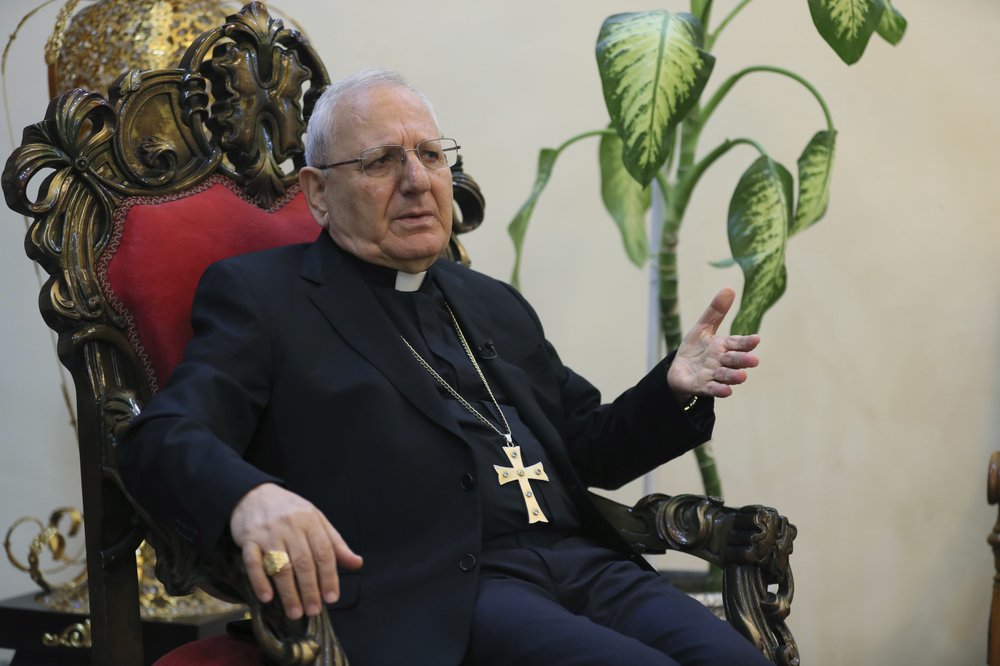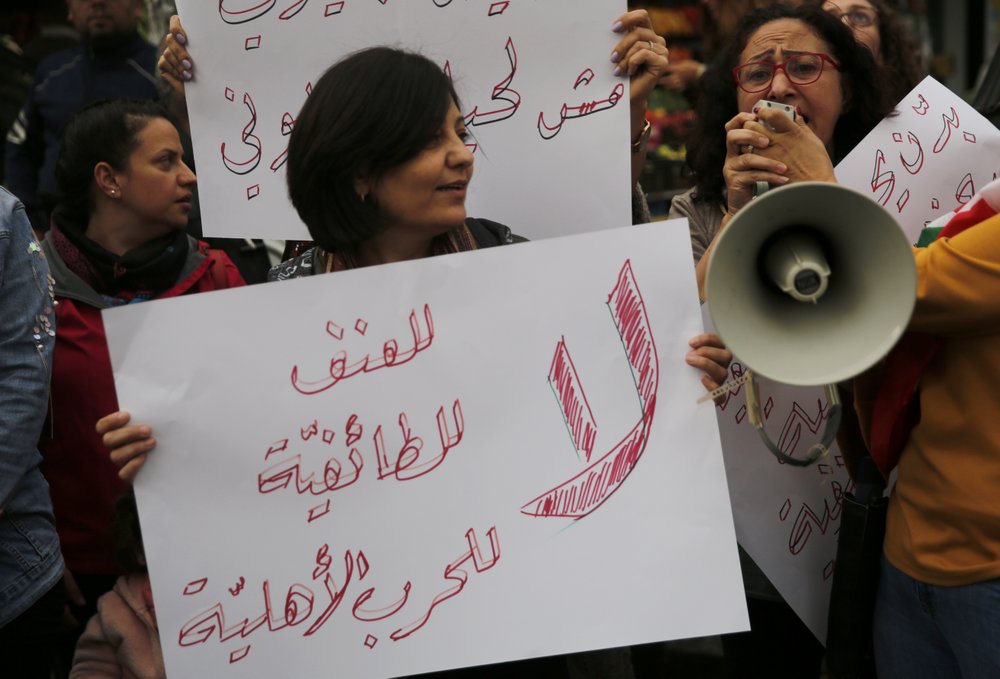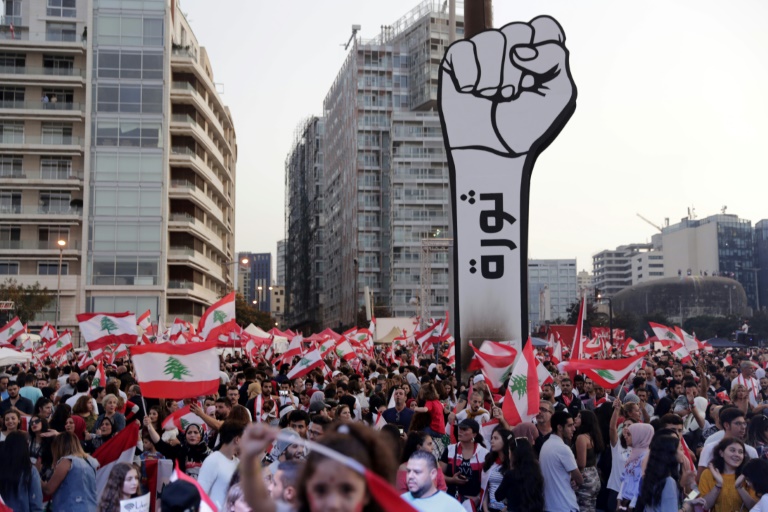Manama–The return of exiled opposition leader Hassan Mushaima to Bahrain reinvigorated the opposition as he spoke Saturday night to an enthusiastic audience in the capital's iconic Pearl Roundabout.
He called on anti-government protesters to continue their uprising “until our demands are met and the people are the masters!”
Mushaima, known as a radical opposition figure, has been in and out of detention and political exile since 1994. He is the leader of Al-Haq, one of Bahrain's largest Shia opposition groups.
He played a central role in the ongoing popular uprising that has galvanized the Bahraini opposition to demand democratic reforms. The uprising has been staunchly repressed by the Bahraini authorities.
Mushaima was officially pardoned in 2009, but remained in self-imposed exile in London, where he was also treated for cancer.
“His arrival here is a very important boost,” said Ahmed, 30-year-old computer programmer and active protester.
Since 14 February, Manama's Pearl Roundabout has become a symbol of resistance for the Bahraini opposition.
Although Mushaima was originally scheduled to arrive last Monday from London, repeated delays caused him to arrive following a two-day layover in Beirut on Saturday.
There was a tangible sense of suspense as opposition figures waited for him in anticipation, while pro-government and Sunni loyalists awaited his arrival in apprehension.
Rumors quickly spread around the country that Mushaima was supported by Iran and that he had threatened military intervention by Iran if Saudi Arabia stepped in to help Bahraini authorities quell the uprising.
The Bahraini government allowed Mushaima back into the country in an effort to appease protesters.
Prospects that protesters will respond to calls for dialogue with the ruling family remain bleak. Mushaima reiterated the people’s rejection of dialogue before their minimum demands were met.
“We have grown used to being lied to by this family for the past 30 years," he said. "So how are we going to believe them again?”
While speaking to supporters, Mushaima referred repeatedly to the popular uprisings currently racking other Arab countries as a single political movement, stressing that Bahraini protesters were not alone.
“Before, the kings and tyrants of the region stood together and helped one another; today, it is the people who stand side by side,” he said. “The tyrant in Tunisia fell. The tyrant in Egypt fell. And the tyrant here will fall as well.”
Mushaima also stressed national unity in his speech.
“Today, we stand as one," he said. "The ruling family is the only reason for sectarianism.”
Mushaima called on the public to promote sectarian unity. “Words are not enough," he said. "We must go to [the predominantly Sunni areas of] Muharraq and Riffa to extend our hands and ask for theirs."
Bahraini activists and opposition leaders blame Bahrain's government and state media for attempting to paint the ongoing protests as a sectarian phenomenon.
“The government is trying to split the opposition [along sectarian lines],” said Zaynab al-Durazi a leading member of the opposition liberal National Democratic Action Society.
"Bahrain is 70 percent Shia, and the vast majority of the less affluent are Shia," she said. "It's only natural that the revolution would be influenced by Shia culture and practices."
Known to his followers as “Al-Ostadh” ("The Teacher"), Mushaima told protesters at the square: “You are the leaders and I am your humble servant. I can only offer a few suggestions about peaceful escalation.”
After praying for the uprising's martyrs, he praised the use of online means of communication, calling them the “most potent weapons.”
“We must persevere and seize the opportunity to unify as a country and unify our demands," he said. "Before all of the politicians and groups, the people’s demands must come first."




